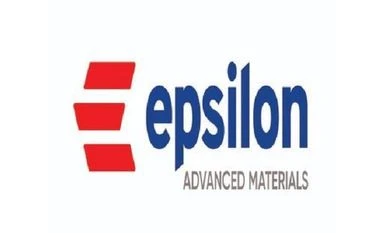Home-grown battery materials manufacturer Epsilon on Wednesday said it has signed a pact to acquire Johnson Matthey's LFP cathode technology centre in Germany.
This acquisition serves as a catalyst for Epsilon's ambitious plans to eventually cater to 100 GwH of demand and also allows it to go to markets with a proven high performance cathode active material produced at scale, the city-based company said.
Epsilon, however, did not disclose the financial details of the deal.
The global electric vehicle market, valued at USD 380 billion in 2022, is projected to soar to USD 1.5 trillion by 2030, according to Fortune Business Insights, Epsilon said, adding that cathode materials are pivotal to this growth trajectory.
Benchmark's report further underscores the urgency, indicating a need for USD 40 billion investments in cathode materials production to bridge the gap between the current supply and anticipated demand by 2030, it stated.
The German facility offers technical capabilities and a workforce with expertise in lithium-ion phosphate (LFP) chemistry, comprehensive product and process development capabilities, and a versatile customer qualification plant designed to verify new materials for large-scale production, the company said.
More From This Section
"Our advancement in anode research and manufacturing was a first step, and this acquisition underscores our commitment to serving our global clientele with sustainable and reliable material," said Vikram Handa, Managing Director of Epsilon Group.
Epsilon said the Moosburg (Germany) research and development (R&D) centre's strategic location offers it a unique advantage to tap into the European battery materials' talent pool and to cater to its global clientele.
By leveraging the existing infrastructure and capabilities of the Moosburg facility, Epsilon aims to significantly reduce the technology development and scale-up timeframe, it said.
In alignment with its vision, Epsilon has previously announced a USD 1.1 billion investment in the setting up of a 100,000-tonne anode battery materials manufacturing facility in Bellari (Karnataka), with subsequent expansions in Europe, the company said in the statement.
Epsilon also has plans for a USD 650 million manufacturing facility in the US.
)